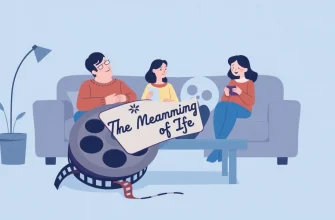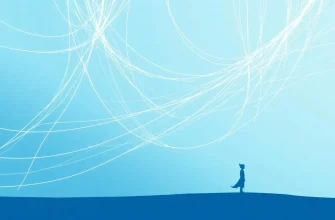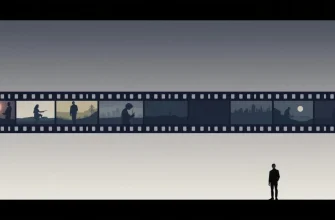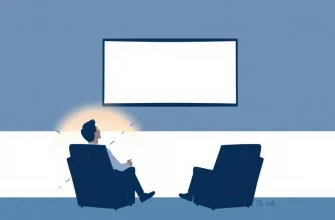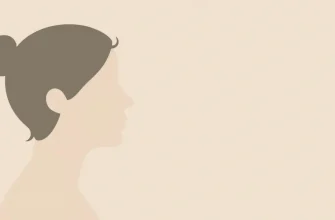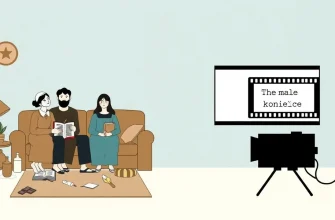Embark on a cinematic journey that transcends the ordinary. This collection of mind-expanding films invites you to explore the depths of human consciousness, challenge your perceptions, and delve into the mysteries of existence. Each film in this selection has been chosen for its ability to provoke thought, inspire introspection, and offer a unique perspective on life, reality, and the human condition. Whether you're a seasoned cinephile or a curious viewer, these films promise to leave you pondering long after the credits roll.

2001: A Space Odyssey (1968)
Description: Stanley Kubrick's epic explores human evolution, artificial intelligence, and the mysteries of the universe, leaving audiences to ponder the meaning of life and our place in the cosmos.
Fact: The film was made in collaboration with Arthur C. Clarke, who wrote the novel simultaneously with the screenplay, and it features one of the longest and most debated endings in film history.
 Watch Now
Watch Now 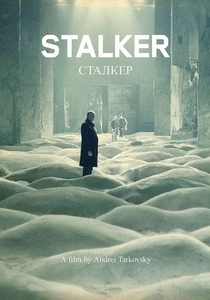
Stalker (1979)
Description: Andrei Tarkovsky's meditative sci-fi film explores themes of faith, human desire, and the search for meaning in a mysterious, forbidden zone.
Fact: The film was shot in Estonia, and the Zone was inspired by the Chernobyl Exclusion Zone, although the film was made years before the disaster.
 Watch Now
Watch Now 
The Matrix (1999)
Description: This sci-fi masterpiece delves into the idea of simulated reality, challenging viewers to question the nature of their own existence and the control of their lives.
Fact: The Wachowskis drew inspiration from various philosophical works, including Plato's Allegory of the Cave and Jean Baudrillard's "Simulacra and Simulation."
 Watch Now
Watch Now 
Waking Life (2001)
Description: Richard Linklater's rotoscoped film follows a young man through a series of dream-like encounters, exploring philosophical questions about reality, free will, and the nature of existence.
Fact: The film uses a unique animation technique called rotoscoping, where live-action footage is traced over to create an animated effect.
 Watch Now
Watch Now 
A Scanner Darkly (2006)
Description: Richard Linklater's adaptation of Philip K. Dick's novel uses rotoscoping to delve into themes of identity, surveillance, and drug addiction in a dystopian future.
Fact: The film's rotoscoping was done by a team of artists who traced over the live-action footage to create the animated effect.
 Watch Now
Watch Now 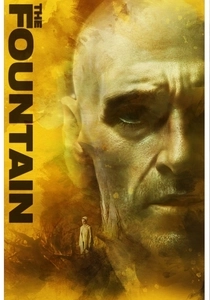
The Fountain (2006)
Description: Darren Aronofsky's visually stunning film weaves together three narratives across time, exploring themes of love, mortality, and the quest for eternal life.
Fact: The film was originally conceived as a much larger project but was scaled down due to budget constraints.
 Watch Now
Watch Now 
The Tree of Life (2011)
Description: Terrence Malick's poetic exploration of life, death, and the universe, intertwining personal memories with cosmic imagery to reflect on the meaning of existence.
Fact: The film includes scenes of the universe's creation, which were created using CGI and took months to render.
 Watch Now
Watch Now 
Enter the Void (2009)
Description: Gaspar Noé's experimental film follows a deceased drug dealer's soul as it floats through Tokyo, offering a psychedelic journey through life, death, and rebirth.
Fact: The film was shot entirely from the first-person perspective, with the camera representing the protagonist's point of view.
 Watch Now
Watch Now 
Inception (2010)
Description: Christopher Nolan's mind-bending thriller explores the concept of dreams within dreams, questioning the nature of reality and the power of the subconscious mind.
Fact: The film's dream logic was inspired by real dream theories, and the spinning top used by Cobb was designed by Nolan himself.
 Watch Now
Watch Now 
The Holy Mountain (1973)
Description: Alejandro Jodorowsky's surreal masterpiece follows a Christ-like figure and his journey with seven spiritual seekers to ascend the Holy Mountain, challenging conventional perceptions of reality and spirituality.
Fact: Jodorowsky funded the film himself and it was banned in several countries due to its controversial content.
 30 Days Free
30 Days Free 

